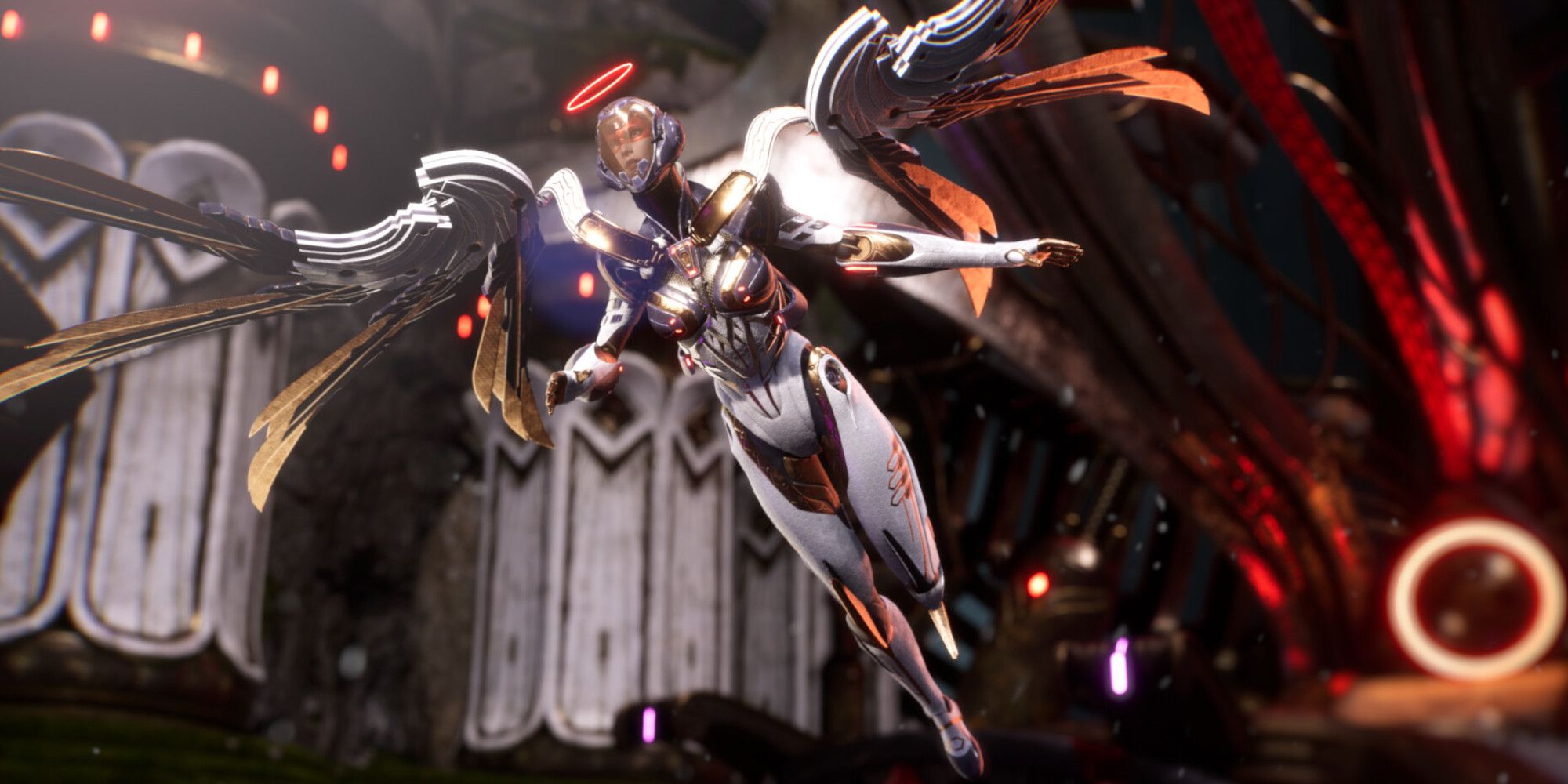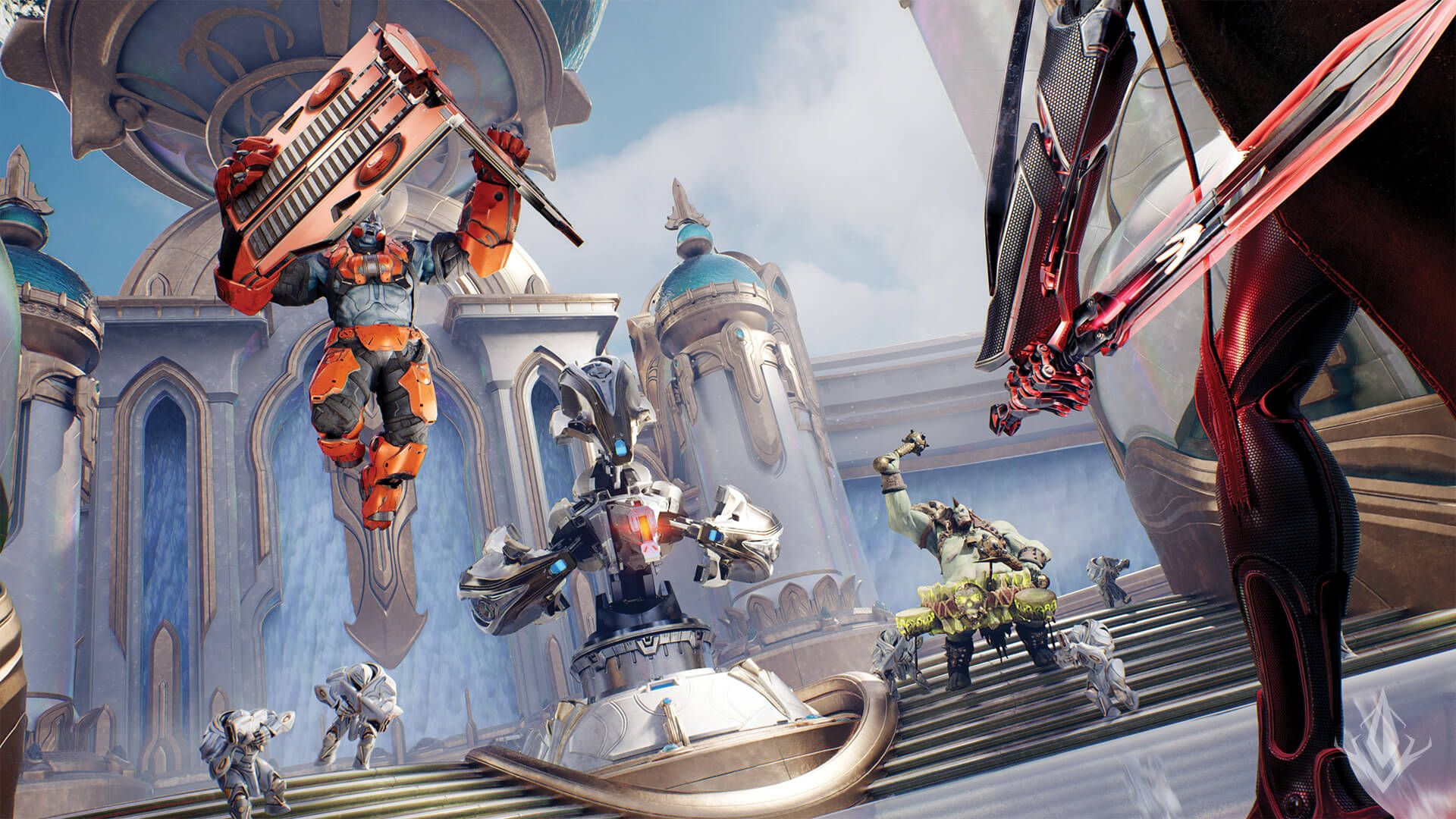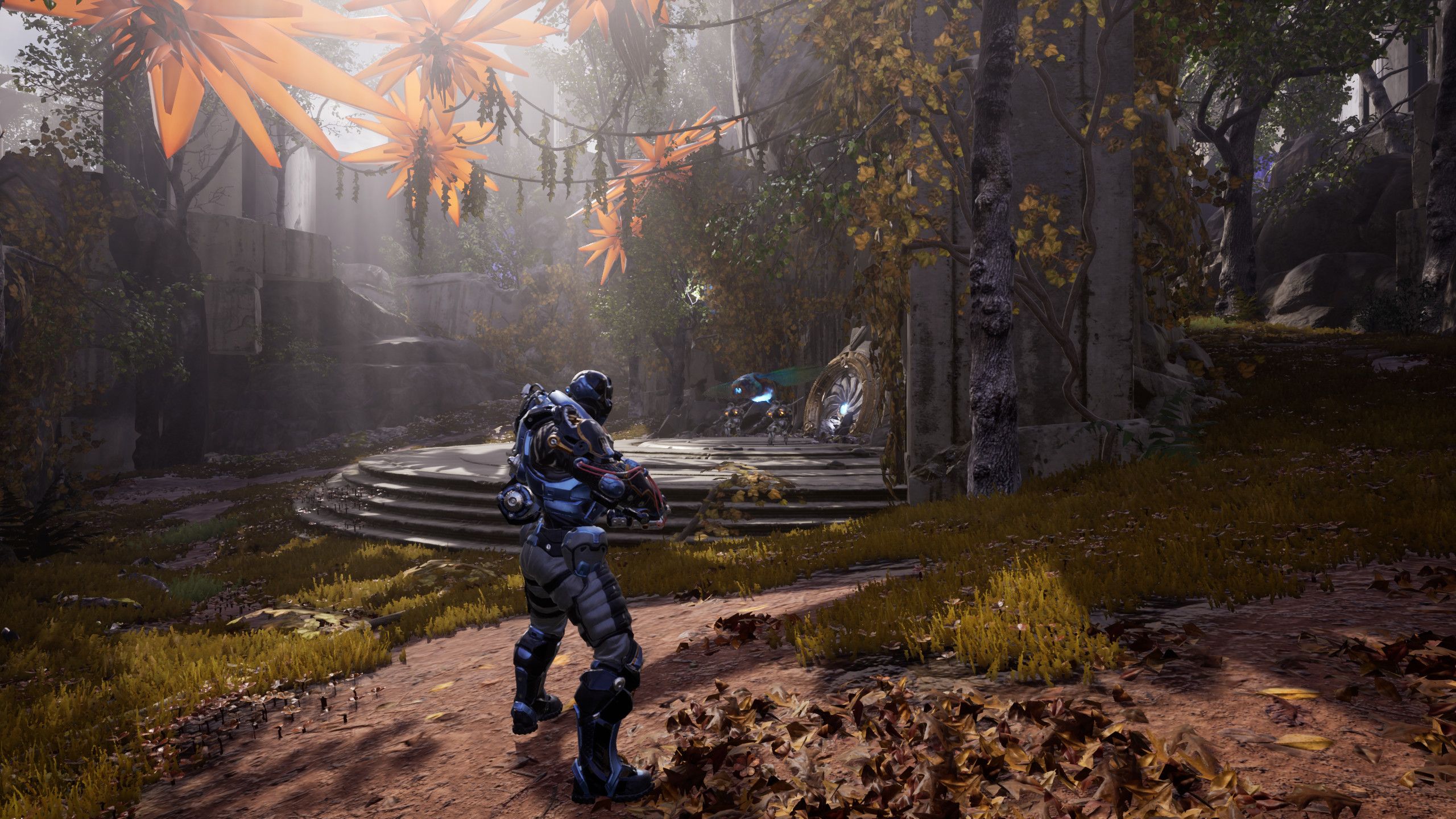Paragon was not a very popular game. Epic’s big swing in the MOBA genre launched in early 2016 without much fanfare, so when Fortnite launched the following year, Epic quickly stripped the development team and repurposed them onto the battle royale giant. When Paragon’s servers shut down a year later, Epic did something unprecedented. The Unreal Engine owner announced that $17 million worth of Paragon’s assets would be available for free via the Unreal Engine Marketplace. Developers would have access to all the environments, characters, skins, animations, dialogue created for Paragon, and as long as they were working in Unreal Engine 4, those assets would be free.
Last month, two Paragon successors launched within just one week of each other. Though independently developed, both games are third-person shooter MOBA hybrids, built in Unreal, using Paragon’s characters. Two completely separate studios making the same game.
The first one out of the game was Predecessor from London-based developer Omeda Studios. Omeda is a small independent team that formed in 2020 to develop Predecessor. Last summer, the studio raised $20 million in a Series A funding round to increase hiring and support development. Predecessor launched on Steam in early access on November 30 for $20, though the full launch of the game will have a free-to-play model. This is, by most accounts, the more faithful adaptation of Paragon between the two. It’s focused on slower-paced, strategic MOBA gameplay, and Paragon fans seem to be happy with it, given its ‘Very Positive’ status with almost 4,000 reviews.
The second game is Paragon: The Overprime from Korean mobile game giant Netmarble, a very different kind of studio with much deeper pockets. The Overprime launched December 5 as a free-to-play early access game and in many respects is much further along than Predecessor. It has more characters, including some original ones not borrowed from Paragon, as well as a full tutorial, better sound design, and cinematics. The reviews are Mixed so far, though that’s partly a consequence of being a free-to-play game that anyone can access (it has nearly twice as many reviews as Predecessor). The Overprime is a lot more action-focused with more brawl-style gameplay and less emphasis on MOBA strategy.
Predecessor and Paragon: The Overprime have different playstyles and will appeal to different kinds of players, but they’re still just slightly different takes on the same game - an old game that wasn’t very popular. It will be interesting to see the trajectory of each game as they evolve side by side through development, but more importantly, it’s fascinating to see a game like Paragon get a second chance.
Epic Games is in a unique position to do what it did with Paragon. When games flop, fail to maintain an audience, or in the case of Paragon, prove to be less profitable than the other projects, publishers and studios have always buried those IPs in the back, or kept them locked away in the vault in the event they want to revisit it someday, or more realistically, to add value to their market cap when they inevitably get bought by a bigger company. Epic was able to release Paragon’s assets to developers for free because it makes a royalty on Unreal Engine games. If either of these games turn out to be a big success, Epic stands to make a lot of money off of them. In this one special situation, Epic can make money by giving away the rights (and assets) to Paragon without fearing that another studio is going to eat its lunch.
We’ll probably never see another scenario like this, but it’s interesting to think about the potential other failed games might have if given the same opportunity. Maybe Gearbox would have been better off releasing Battleborn’s assets to the public in exchange for some kind of royalty, or maybe some up-and-coming studio out there has a better idea of what to do with Anthem than BioWare and EA did. These games may not have been successes, but their name recognition and the work that was done for them are still worth something. BioWare, Gearbox, and other studios like them may be embarrassed by their failures, but the early success of Paragon’s successors prove that sometimes, unpopular games deserve a second chance.



